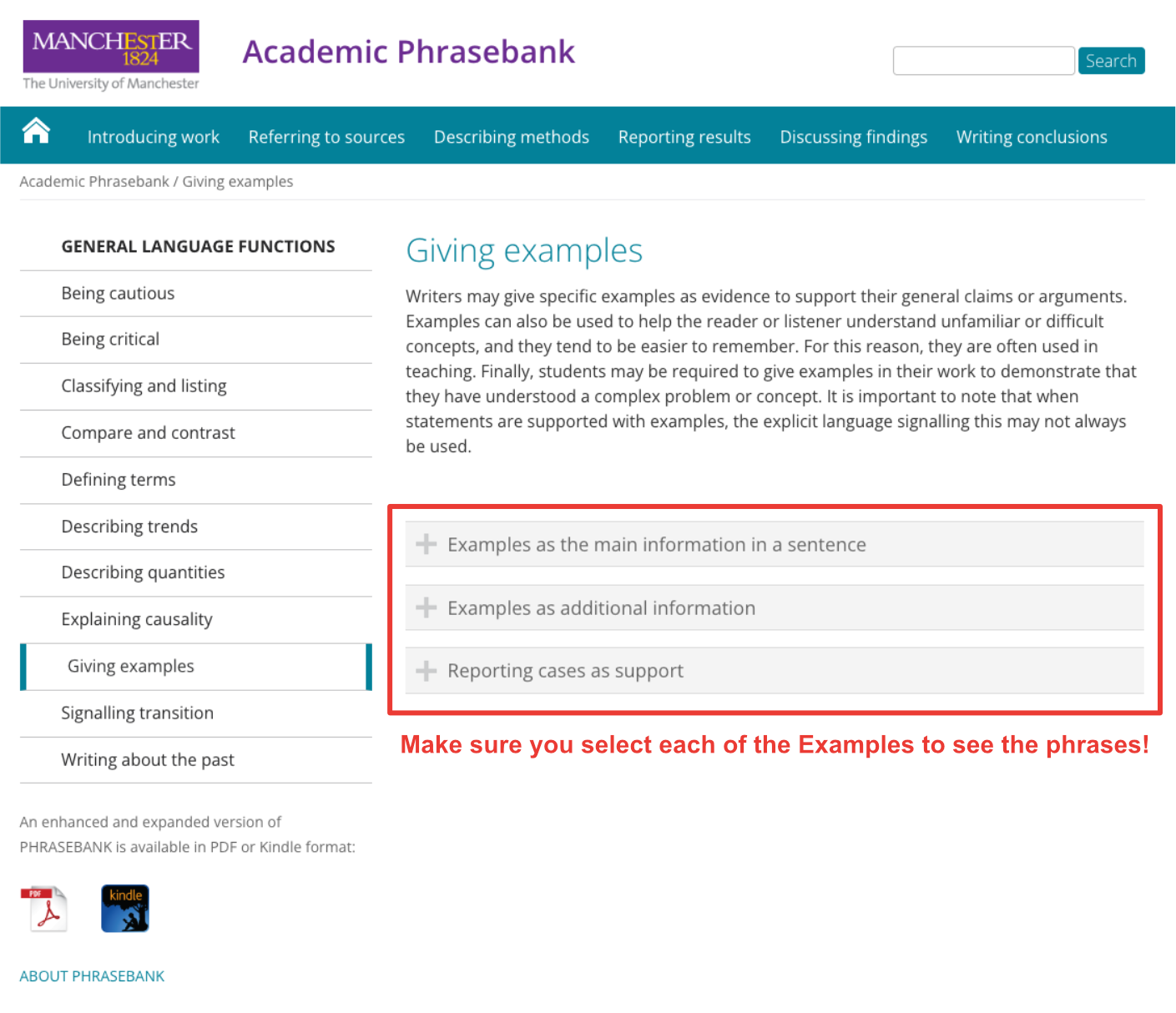Upon commencing one's journey at the university level, it is common to encounter challenges. Specifically, there arises the necessity to adopt a formal and objective approach to writing, often characterised by technical intricacies.
The different units of study or courses you undertake may have their own terms and structures of writing, however there are some common tips to make sure your arguments are structured, strong, consistent, and cohesive.
If you have worked in professional workplaces before, the main difference is that academic writing is done predominantly to objectively showcase your research, evidence, and expertise. It helps support your argument or thesis.
Professional writing is more about trying to influence someone or convince them of something and can be quite subjective.
Some key aspects of academic writing should be considered. Don’t worry click on the tabs to learn more about the different aspects of academic writing in higher education.
Some key aspects of academic writing should be considered. Click on the tabs to learn more about the different aspects of academic writing in higher education.


Academic writing is typically targeted at experts, researchers, lecturers, and peers. This is an important consideration as it will influence the tone and style of the writing, determining the level of assumed knowledge.
Knowing your audience would help you determine the type of content you need to research on the specific assignment. The following questions will help guide you when thinking about the audience you want to target.
If you want to know more about how to know your audience, you can have a look at the Purpose and audience page on the Monash University website.
The tone and style of academic writing refers to the language used, and formality in writing. Academic writing avoids the use of colloquialisms and lay language, often favouring the use of scientific language.
A good example of informal language is the use of contractions in academic writing, they ease formality.
Try to write the word in full for example:
Instead of writing ‘You shouldn’t use contractions in academic writing,’ say ’You should not use constructions in academic writing’.
If you are interested in knowing more about contractions and ways to avoid them visit Contractions in Formal Writing: What's Allowed, What's Not to learn more.

Another important aspect is understanding commonly used language in your field of study as this will help to expand your academic writing style, assisting in developing a tone of formality and expertise. It is a great idea to keep a small notebook and write useful phrases or words you come across while you read books, academic journals etc. You will notice that by the end of the year, you’ll have a beautiful phrase bank filled with academic language.
The following Academic Phrasebank from the University of Manchester is an excellent resource for academic writing. It’ll help you find those fancy phrases you need!
You’ll see that the website includes academic language ranging from introducing your work to writing conclusions. Make sure you click each of the tabs to see the content properly.

You can use sites like Grammarly for example to assist with detecting tone to ensure it is appropriate for your chosen audience and topic. Make sure you select either British spelling or English in the settings so the spelling in your assignment is nice and consistent.

The structure and format of writing will be influenced by your field of study, and the type of document you are completing.
The main takeaway message here is to identify the document type you are writing, its structure, and how it is formatted for your reference style/organisation. Cover pages are optional so ask your lecturer and read assignment guidelines. Size/font/space will vary 1.5 always check with the academic staff.

Adding clarity in academic writing means ensuring that your ideas are expressed in a clear, straightforward, and unambiguous manner.
It is important to be clear with what you are writing as often you will be restricted in the number of words you can use to convey the point.
Employing a variety of methods to structure sentences and transition between topics/arguments are essential in bringing your writing together in a clear, cohesive way.
Academic writing can be broken down into four main areas. Select each type of academic writing below to find out about each.

You’ll often get asked for analytical writing style. This means looking at what you've read in the context of other evidence. Analytical writing lays out the thinking behind your conclusion and examines about what it all means.
Typically, it starts with a quick description and then hones in on answering questions like 'why?', 'how?', and 'so what?'
Some tips:



Persuasive writing takes analytical writing one step further it has the same features, but you’ll need to add your own unique point of view.
When it comes to academic writing, your paper will need to include an argument, recommendation, interpretation, or findings, based on your review of others’ work.
For a persuasive paper, they'll ask you to 'argue,' 'evaluate,' 'discuss,' or 'take a position.'


The simplest and most common form of writing is called descriptive, but you’ll most likely not be asked to just write using this form.
At a high-level, it means that you are providing facts and figures.
It can be very useful when completing a report and you need to document actions you took and then capture the outcomes of what you were trying to prove.
Descriptive writing usually focuses on answering the ‘what’.


You're going to hear the word ‘critical’ a lot during your studies. For example: critical thinking, critical writing, and critical analysis. When it comes to critical writing, it means you need to:
Critical writing may mean giving your opinion on a journal article or saying what's good and not-so-good about existing research in a literature review. When they tell you to do critical writing, they mean stuff like 'critique,' 'debate,' 'disagree,' or 'evaluate.' It is important that you can back up your argument, so your research needs to be thorough and accurately referenced.
Use our to Referencing Tool for more tips about how to do that well.